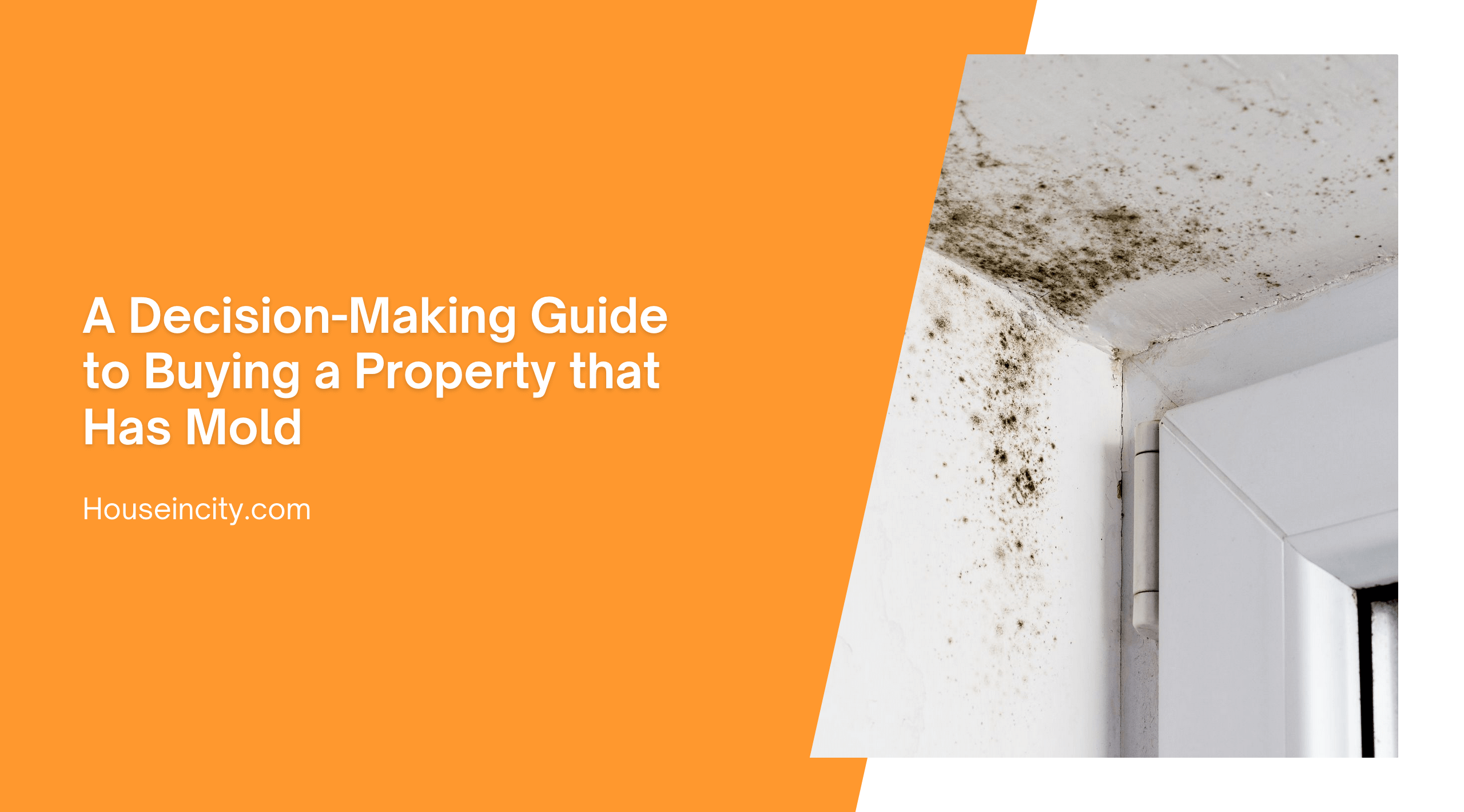What is the right decision to make when you know that the home you want to buy has, or has had a mold problem? Buying a house with mold brings a special set of problems to the negotiating table. There are just two ways to remove the mold problem: fix it yourself or hire a professional contractor to fix it for you. Adding a problem like mold when buying a house certainly makes the decision making process complicated.
Fortunately, the presence of mold in the house should have been disclosed by the seller, or the home inspector before the decision is made. You can get an objective opinion and important wisdom about how serious the problem is by hiring a mold remediation contractor to further investigate. Mold is an important component of the natural environment and is present in most homes under the right conditions. Mold is most likely to be found in wet or damp locations inside the house, such as the basement, bathroom, or laundry room. Poorly ventilated bath and laundry rooms, inside and behind cabinets, and unlighted spaces are favorite locations for mold to flourish.
Mold is recognized to cause health problems, especially among people sensitive to allergens. Of all the different types of mold that can be found inside a house, Black Mold is recognized as the most deadly. Symptoms of an allergic reaction to mold include asthma attacks, flu-like symptoms and respiratory distress. This makes the decision to buy a house with mold a serious consideration that cannot be made lightly. Once mold releases its spores, they will spread quickly throughout the house.
Furniture, cardboard boxes and clothing items that have been stored for extended periods of time are prone to attack by mold. Some experts have suggested that common molds can be removed by cleaning the affected item or area in a solution of bleach and water. Although this will work on a temporary basis, it does nothing to correct those factors that caused mold to grow in the house. If the mold is wide-spread, it is likely to have infested the walls and the materials on the walls, including sheet rock, the wall studs, and the paper facing on any insulation inside the walls. All of these will have to be replaced in extreme applications. Ventilation of basement walls is an important factor to consider, as mold will grow undetected if the insulation is not installed properly. The musty odor of mold coming from the basement is a dead giveaway that it is present, even if it is out of sight.
Given the fact that mold spores are difficult enough to detect, the most effective way to test for dangerous molds is to hire a licensed indoor air quality contractor. Air samples will speak volumes about the presence and type of molds present throughout a home. Having this information is critical for making an informed home-buying decision and is going to be worth the money in the long-run. Inside the contractor’s air quality report you will learn the answers you need to any questions about the types of mold in the house and how serious the problem is. The contractor will also provide a series of recommendations for correcting the problem.
The contractor’s report will provide you just enough instruction to persuade or dissuade you from buying the decision. There are still three remaining factors to weigh that should be taken into account. First is the potential for serious health problems for family members that suffer from allergies or sensitivity to mold. Correcting a mold problem is going to cost money, time, and labor. How will this affect your budget and ideas for long-term investment in this property? The final decision factor is the need to correct the house’s problem with moisture, condensation, and temperature. This is beyond the expense of replacing all the building materials that have already gone into the home’s basement or any other affected space. You must carefully consider the impact of making these repairs on your bank account as well as the amount of time important to make repairs.
After weighing all the decision factors involved, you will at least be able to justify your decision to purchase or not purchase the property. Dangerous levels of toxic mold is an example of such a deal-killing problem. If you have taken all the appropriate factors into consideration, including the expense and time to correct the problem, you may learn that there is an opportunity to make a good investment. On the other hand, the risk to your family’s health may far outweigh every other factor, including price and opportunity.
Home buyers would be well-advised to weigh all these factors carefully when thinking about passing up or taking an opportunity to buy a home with mold. Making a decision without adequate instruction could easily lead to unnecessary expense and health risk.
